The views expressed in The HKS Student Policy Review are those of the author(s) and/or interviewees only, and do not represent the views of the Shorenstein Center, Harvard Kennedy School, Harvard University, the editors of The HKS Student Policy Review, or any of its affiliates. An editorial board consisting of Harvard students independently edits and publishes all content.
-
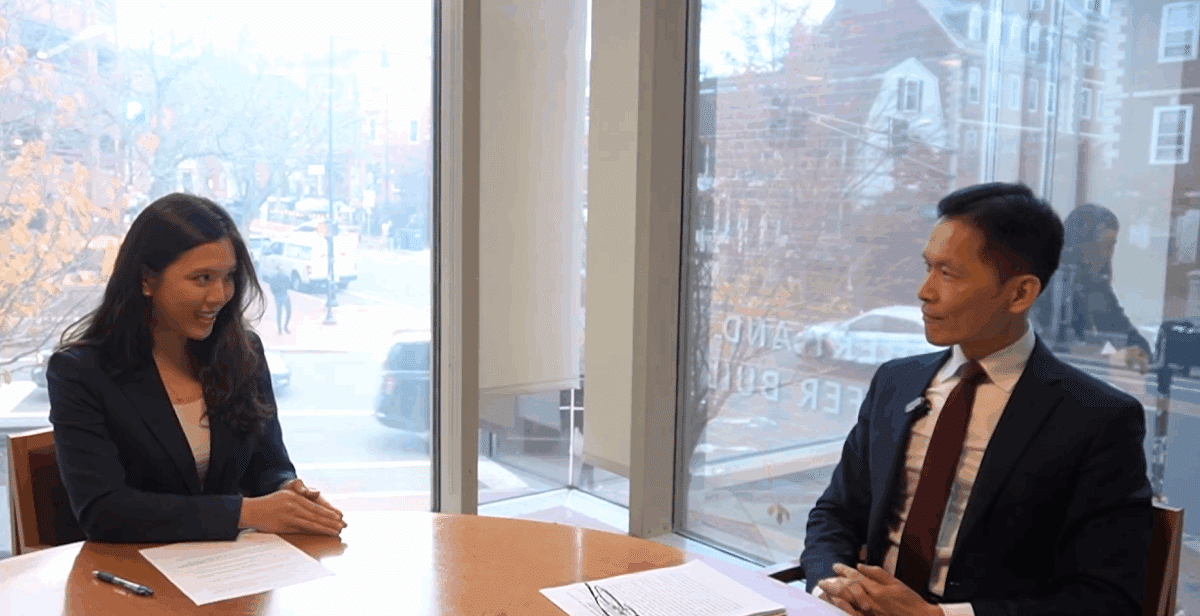
International and Global Affairs
Why a Resilient Taiwan Benefits Everyone: An Interview with Taiwanese Diplomat Charles Liao
12.3.25
Read MoreRead and listen to an interview between HKS SPR and Taiwanese Diplomat Charles Liao, Director-General of the Taipei Economic and Cultural Office (TECO) of Boston.
-

International and Global Affairs
The Next Phase of the U.S.-China Cold War Is About Power, Not Ideology
12.2.25
Read MoreThe U.S. once believed it could liberalize China — the opposite may have happened.
-

International and Global Affairs
International Security Institutions and Climate-Induced Conflicts: Adapting Strategies in an Era of Climate Geopolitics
11.30.25
Read MoreSecurity institutions can no longer afford to relegate climate-induced migration to the periphery of strategic considerations.
Explore all Articles
Filter by–Topic
Filter by–Region
Filter by–Country
Search by–Keyword

Why “Two-State” is Not a Solution for the Korean Peninsula
12.5.25
Both Koreas have shared the goal of reunification despite decades of ups and downs in inter-Korean relations. This long-held goal is now in grave peril.

An Unrecorded Crisis in California’s Courts Must Be Fixed
11.10.25
A severe shortage of certified court reporters prevents court users from accessing a record of their proceedings.

Why Killing OPT Hurts American Workers More Than It Helps
05.27.25
“OPT is not about ‘foreigners’ taking American jobs. It is about ensuring that future generations of Americans inherit a nation that continues to lead in science, technology, and higher education. Policymakers should strengthen oversight where needed but preserve and expand OPT as a strategic pillar of U.S. innovation, workforce competitiveness, and global influence.”
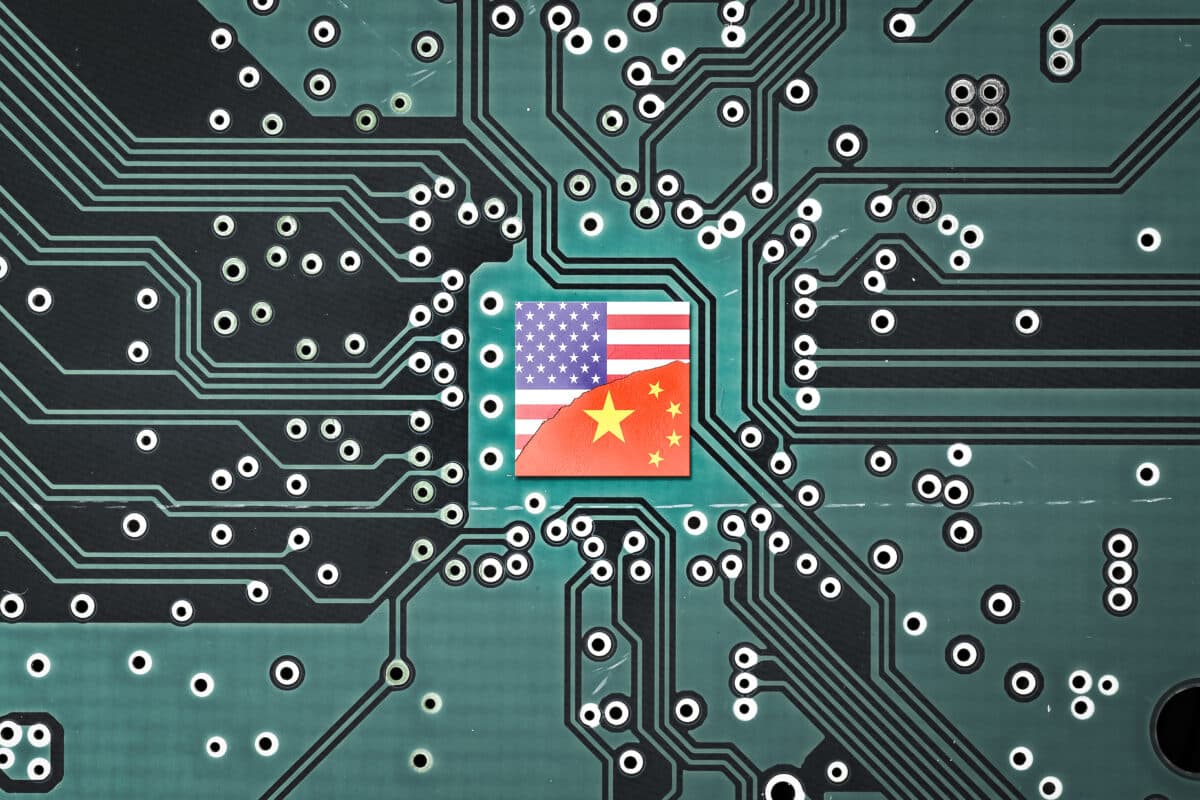
US-China Tech Decoupling: A Shift Towards a More Paranoid World
05.27.25
“The impact of this digital isolation has been amplified in recent years by Beijing’s efforts to tightly interlink data security with national security, as well as reduced people-to-people and business exchanges from the COVID-19 pandemic and geopolitical tensions. In the U.S., growing suspicion of China has led to increasingly aggressive efforts to excise Chinese technology and capital from its supply chain. People from the two countries are farther apart than ever.”

The “Yes In God’s Backyard” Movement and the Preservation of Religious Spaces
05.23.25
Interest in “faith-based development” to repurpose underutilized land and buildings for the creation of affordable housing, is growing among congregations and policymakers. This movement, also known as “Yes in God’s Backyard” or YIGBY, offers many benefits for religious groups, including a compelling alignment with a moral imperative to serve the unhoused and financially distressed.
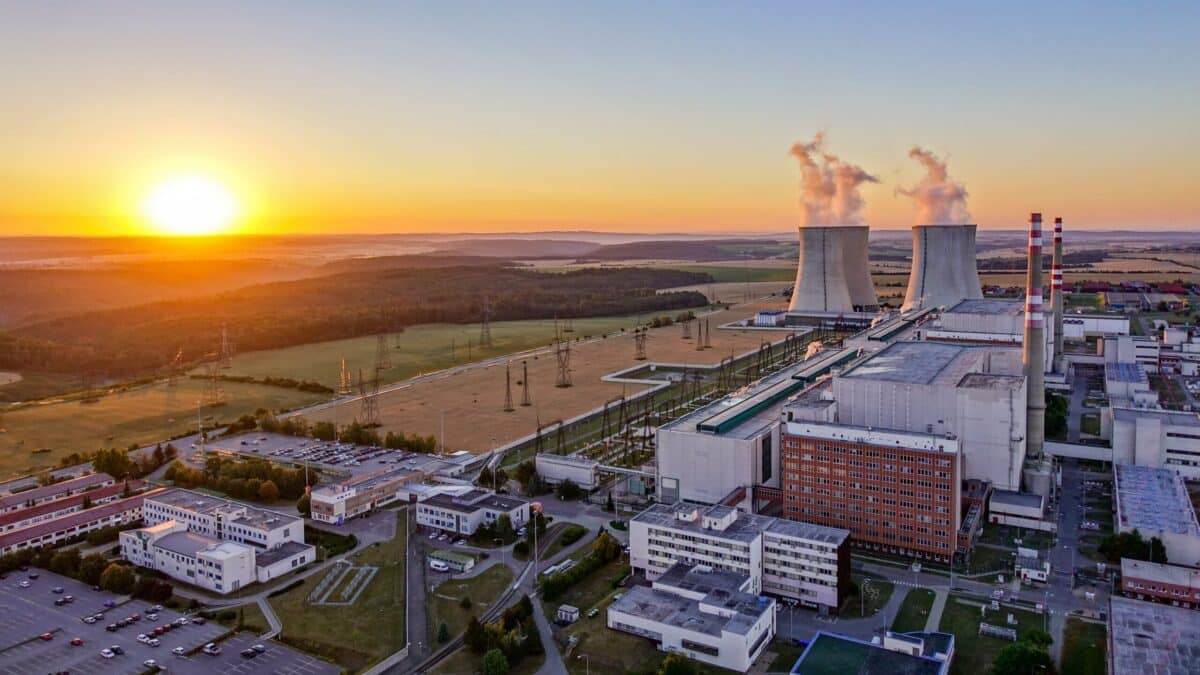
Kazakhstan’s Nuclear Ambitions: A Path to Sovereignty or Dependency?
05.13.25
“Kazakh President Kassym-Jomart Tokayev, a key supporter of this initiative, sees nuclear energy as a pathway to securing Kazakhstan’s long-term stability and energy independence. Yet a critical question remains: Will this decision bolster the country’s energy sovereignty or will it expose it to new vulnerabilities?”

From Moonshots to Stagnation: Is Government Innovation a Thing of the Past?
05.13.25
“Today, the term moonshot is most commonly associated with the tech ecosystem, where Big Tech has assumed the role of global innovation leadership. This raises a fundamental question: Is the trajectory of human progress now dictated solely by private-sector interests? If innovation were to be driven primarily by profit-driven corporations, what values and priorities shape the future of technological development?”

A New EU-US Relationship
05.5.25
For decades, the transatlantic alliance has rested on two pillars: a deep trade relationship and Europe’s near-total dependency on U.S. military protection. But recent moves from Washington have shaken that foundation.
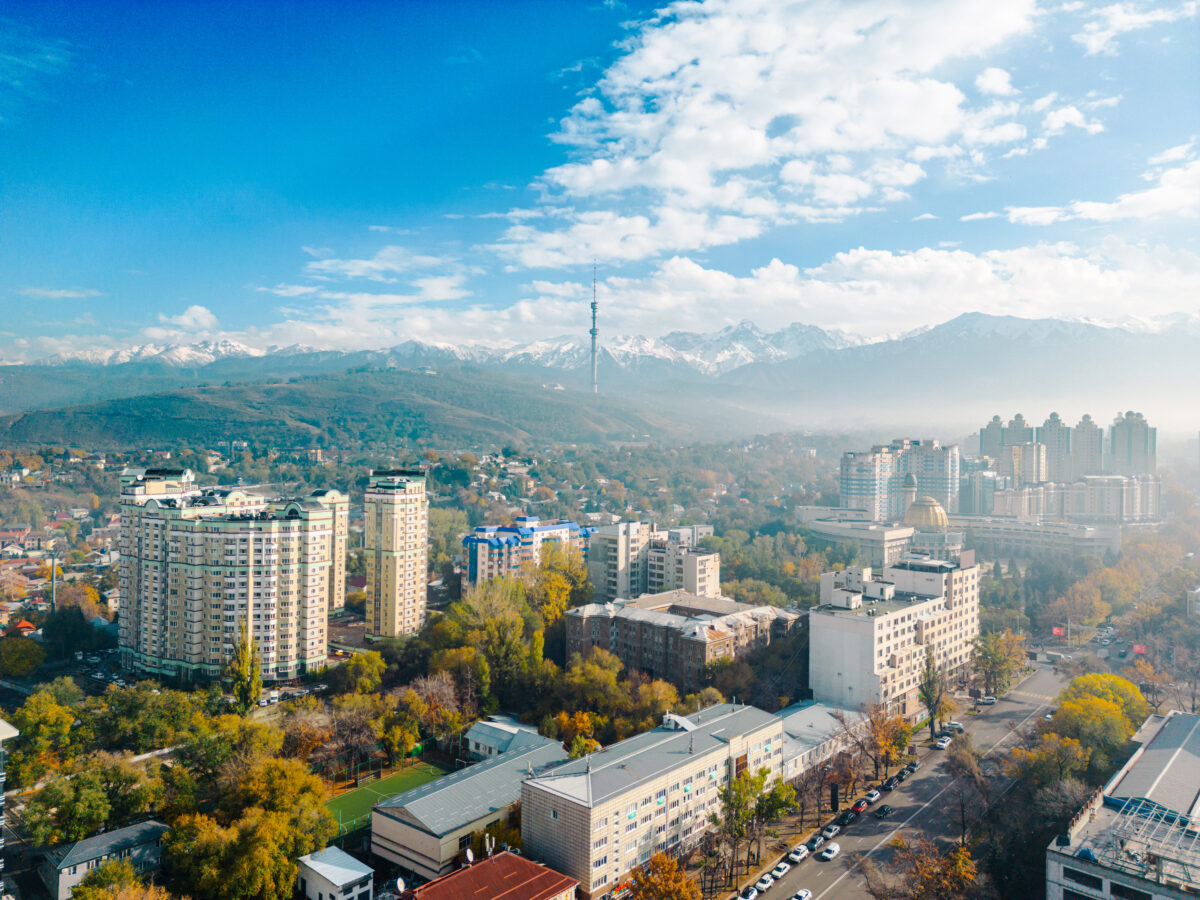
Kazakhstan & Central Asia: Brain Drain or Brain Gain?
05.1.25
“This ongoing “brain-drain” in Kazakhstan, which has led to an exodus of roughly 366,000 people in the last ten years, is a worrisome phenomenon and threat to our country’s future. How did we arrive at a point where we are losing the most valuable resource – our human capital? What can be done to reverse the trend and create a long-term “brain-gain” instead?”
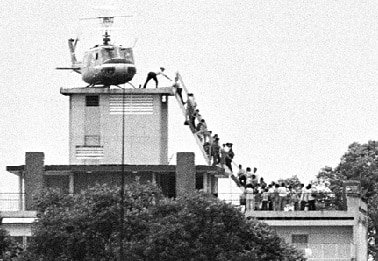
On the Anniversary of the Fall of Saigon, Beware of the Desire to Save Face at All Costs
04.30.25
Fifty years ago today, Saigon fell to the North Vietnamese, officially rendering the United States’ decades-long misadventure in Vietnam a failure.[i] The troubling reality of wartime decision-making is that it was not based primarily on whether the United States could feasibly win, or even whether Vietnam was strategically important. Rather, policymakers in Washington escalated the […]
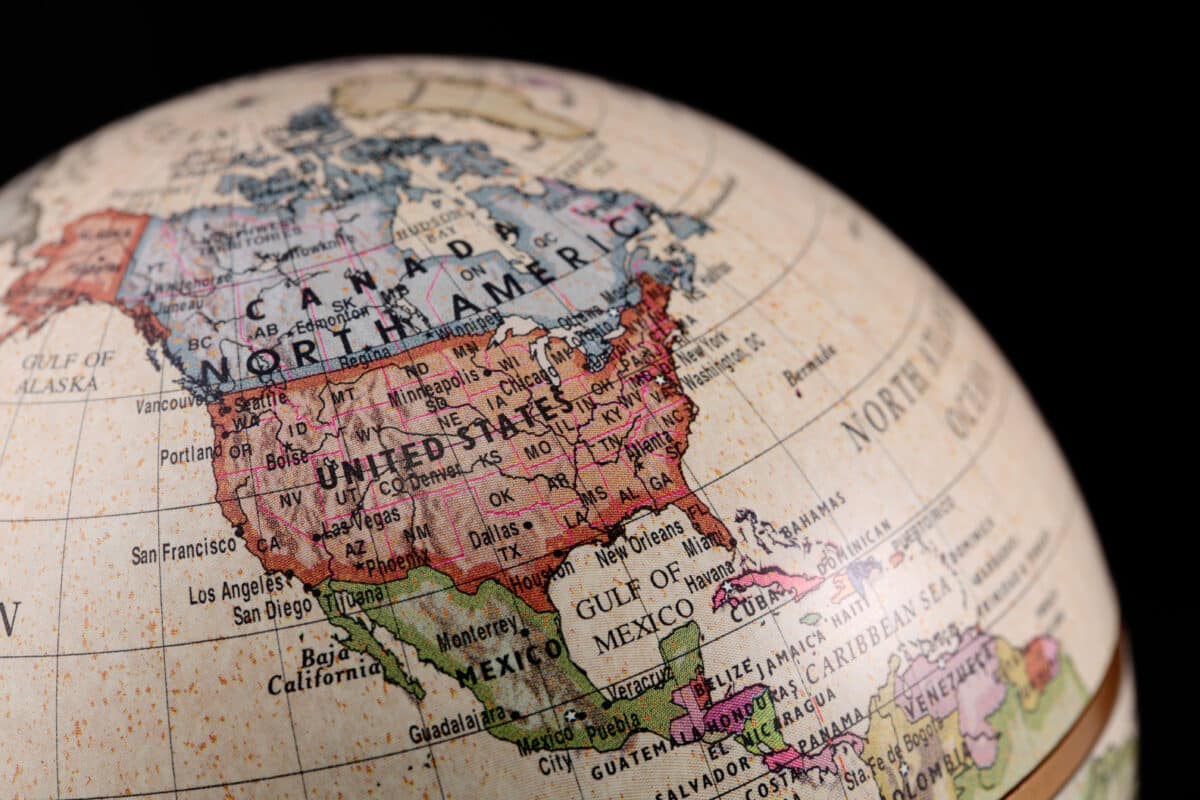
Coping with America First: Lessons from History
04.30.25
Since President Trump returned to the Oval Office in January 2025, the relationship between the United States and Europe has been in free fall.

Why Are We Not Talking About Climate Change’s Role in Escalating Gender-Based Violence?
04.22.25
“The world today has no shortage of climate shocks, and its impacts continue to be dangerously and disproportionately felt by marginalized groups, perpetuating an enduring cycle of violence.”
Explore by Region
HKS Featured Topic
International and Global Affairs
Join the HKS Student Policy Review–
to research, write, and learn about policy in a new way. We offer Harvard students an opportunity to engage with the most important policy issues of our time, across a whole range of topics and regions.